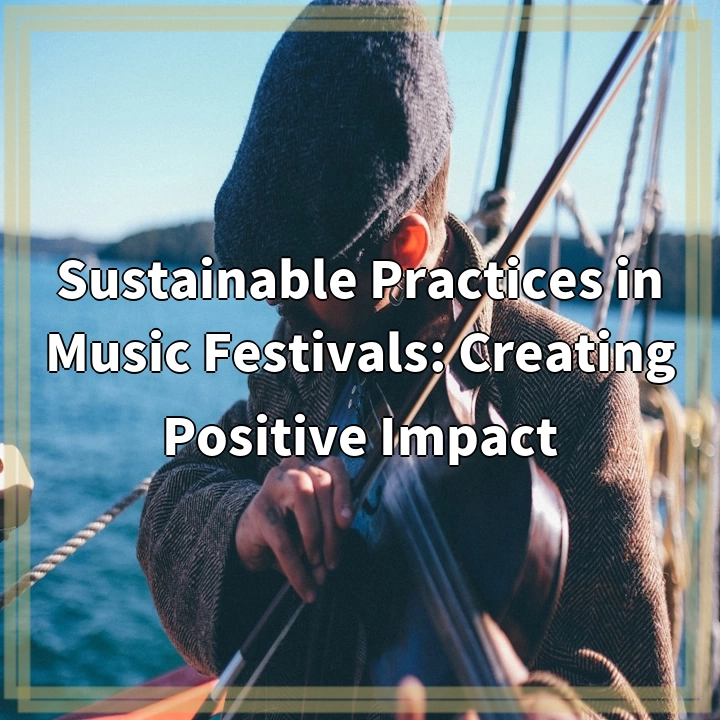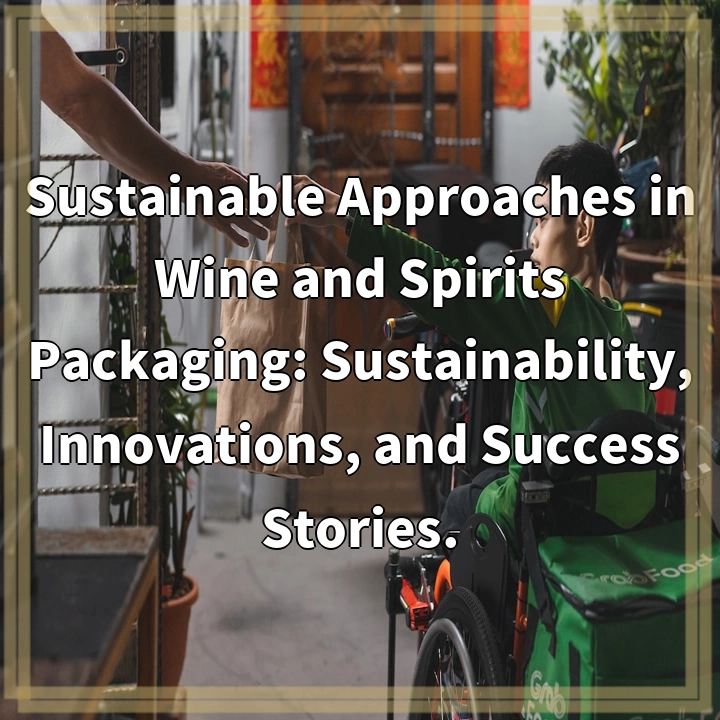
What are Sustainable Practices in Music Festivals?
Sustainable practices in music festivals refer to the adoption of eco-friendly and socially responsible measures throughout the planning, execution, and aftermath of music festivals. These practices aim to minimize negative impacts on the environment and local communities while maximizing positive outcomes.
Real-World Problems Associated with Sustainable Practices in Music Festivals
1. Waste Management
One of the major challenges for music festivals is the efficient management of waste. With large crowds, the disposal of single-use plastics, food waste, and general waste can quickly become overwhelming. Proper waste management systems need to be in place to ensure recycling, composting, and responsible disposal methods are utilized.
2. Energy Consumption
Music festivals often require significant energy consumption, mainly for sound systems, lighting, and stage setups. The reliance on fossil fuel-powered generators and excessive energy usage contributes to carbon emissions and environmental pollution. Finding ways to reduce energy consumption and prioritize renewable energy sources is crucial.
3. Water Usage
Music festivals can place a heavy burden on local water resources, especially when multiple days of the event are involved. Water is needed for sanitation, drinking, and other festival activities. Ensuring responsible water usage, implementing water conservation measures, and exploring innovative solutions like water filtration systems are essential.
4. Transportation and Traffic
The large number of attendees travelling to and from music festivals contributes to increased traffic congestion and carbon emissions. Encouraging sustainable transportation options such as public transportation, carpooling, and bicycle parking can help minimize the environmental impact of transportation.
5. Community Engagement and Local Economy
Music festivals often have a significant impact on local communities, both positive and negative. Striking a balance between economic benefits and community well-being is essential. Ensuring that festivals engage and collaborate with local businesses, projects, and initiatives can foster positive relationships and support the local economy.
6. Cultural and Social Impact
Music festivals can have profound cultural and social impacts, shaping the identity and experiences of both attendees and local residents. It is essential to consider the cultural sensitivity and inclusivity of festival programming, engage with diverse communities, and respect the local cultural heritage and traditions.
7. Environmental Awareness and Education
Creating sustainable practices in music festivals requires raising awareness and educating both organizers and attendees about environmental issues. Lack of awareness and understanding can hinder progress. Implementing environmental education programs, highlighting sustainable initiatives, and promoting responsible behavior among festival-goers are key steps toward positive change.

Solutions for Sustainable Practices in Music Festivals
1. Waste Management:
Implement comprehensive waste management systems that prioritize recycling, composting, and responsible disposal methods. Encourage festival-goers to reduce waste by promoting reusable items and providing recycling and composting facilities throughout the event.
2. Energy Consumption:
Transition to renewable energy sources by utilizing solar panels, wind turbines, and biodiesel generators. Use energy-efficient equipment and lighting systems. Optimize energy use by implementing smart grids and exploring innovative technologies.
3. Water Usage:
Implement water conservation measures such as low-flow fixtures, educational campaigns on responsible water usage, and water management technologies like water filtration systems. Partner with local water conservation organizations and explore options for water reuse.
4. Transportation and Traffic:
Promote sustainable transportation options such as public transportation, shuttle services, and carpooling. Provide secure and convenient bicycle parking facilities. Encourage attendees to offset their carbon emissions from travel.
5. Community Engagement and Local Economy:
Collaborate with local businesses, artisans, and food vendors to support the local economy. Engage with community organizations and initiatives that align with sustainable goals. Provide opportunities for local talent and incorporate cultural elements into festival programming.
6. Cultural and Social Impact:
Prioritize cultural sensitivity and inclusivity in the festival programming. Educate attendees about the local cultural heritage and traditions. Collaborate with diverse communities to ensure representation and meaningful engagement.
7. Environmental Awareness and Education:
Implement environmental education programs for both organizers and attendees. Raise awareness about environmental challenges and the importance of sustainable practices. Provide opportunities for attendees to learn and engage in eco-friendly activities during the festival.















